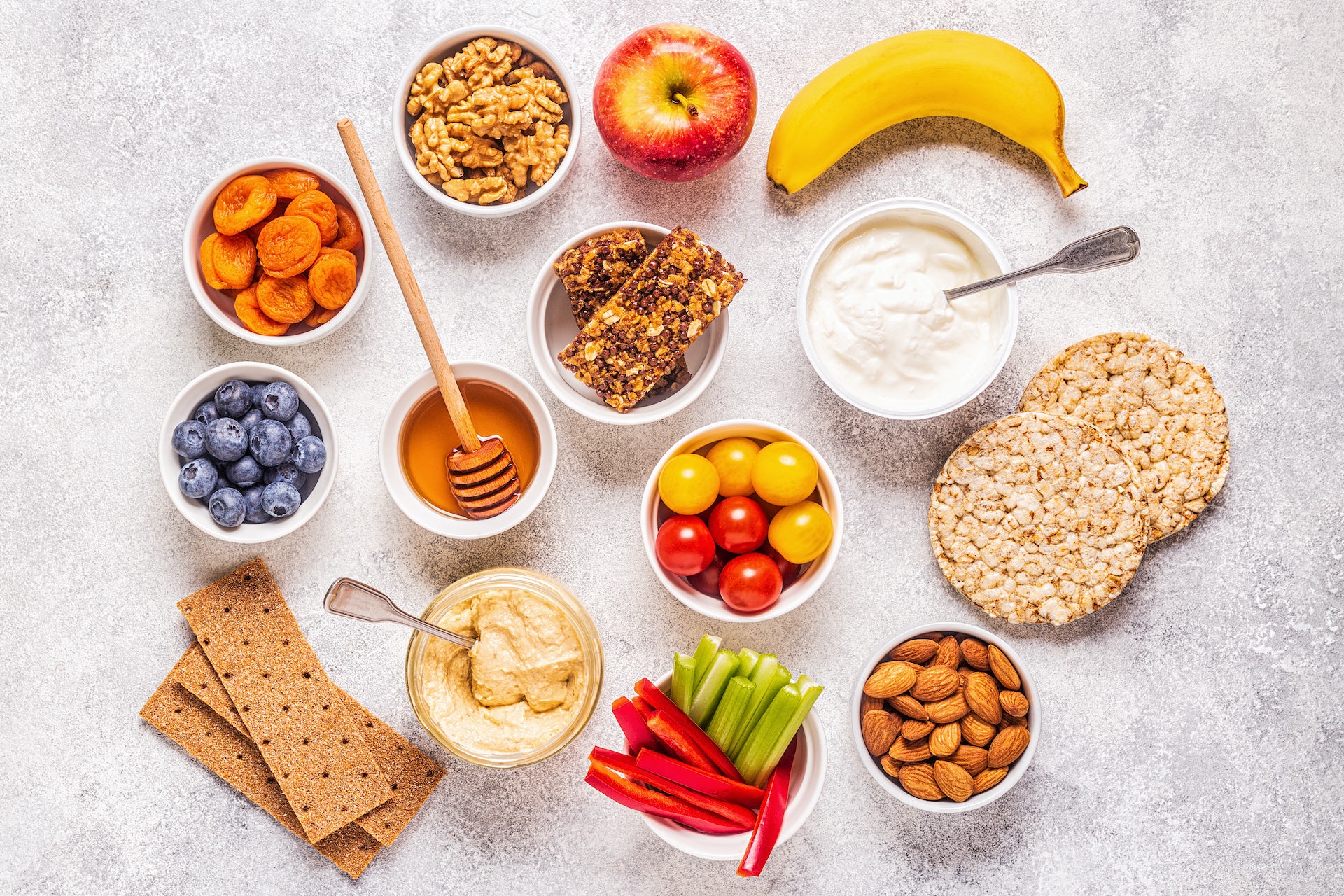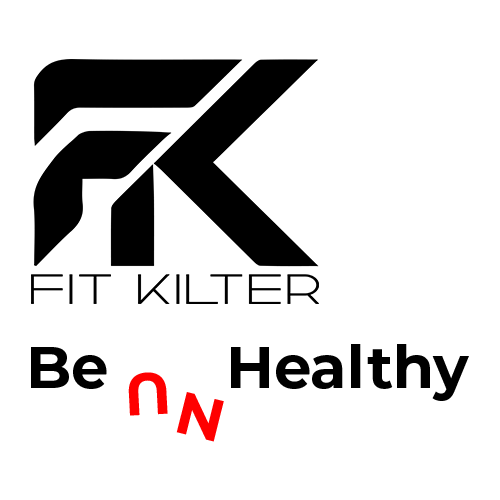Introduction:
For some, the journey towards a healthier body involves not just shedding pounds but gaining them. Healthy weight gain is a gradual process that requires a combination of the right foods and a well-designed nutrition plan. In this detailed blog, we will explore a variety of nutrient-rich foods that can contribute to a successful weight gain journey.
Understanding Healthy Weight Gain:
Building Muscle Mass:
- Caloric Surplus:
- To gain weight, you must consume more calories than your body expends. This creates a caloric surplus, essential for building muscle mass.
- Balanced Nutrition:
- While the goal is to gain weight, it’s crucial to focus on nutrient-dense foods to ensure overall health and well-being.
Nutrient-Rich Foods for Weight Gain:
Proteins for Muscle Building:
- Lean Meats:
- Chicken, turkey, and lean cuts of beef are excellent sources of protein, aiding in muscle growth.
- Fish:
- Fatty fish like salmon and tuna not only provide protein but also essential omega-3 fatty acids.
- Eggs:
- Eggs are a powerhouse of nutrients, including high-quality protein and healthy fats.
Healthy Fats for Energy:
- Avocado:
- Avocado is rich in healthy monounsaturated fats, providing a calorie-dense option for weight gain.
- Nuts and Seeds:
- Almonds, walnuts, chia seeds, and flaxseeds are nutrient-packed options that deliver healthy fats, protein, and fiber.
- Nut Butters:
- Peanut butter and almond butter offer a delicious way to increase calorie intake with healthy fats and protein.
Carbohydrates for Energy:
- Whole Grains:
- Brown rice, quinoa, oats, and whole wheat pasta are excellent sources of complex carbohydrates.
- Sweet Potatoes:
- Packed with carbohydrates and fiber, sweet potatoes provide sustained energy and essential nutrients.
- Bananas:
- Bananas are a convenient and calorie-rich fruit, perfect for a quick and nutritious snack.
Dairy and Dairy Alternatives:
- Whole Milk:
- Whole milk is a calorie-dense beverage that provides protein, fats, and essential vitamins.
- Greek Yogurt:
- High in protein, Greek yogurt also contains probiotics beneficial for gut health.
- Cheese:
- Cheese is a tasty way to add calories and protein to meals or snacks.
Vegetables and Fruits:
- Dried Fruits:
- Raisins, apricots, and dates are concentrated sources of calories and natural sugars.
- Starchy Vegetables:
- Include vegetables like peas, corn, and potatoes for additional calories and nutrients.
- Smoothies with Fruits and Vegetables:
- Blend fruits, vegetables, yogurt, and nut butter to create a calorie-rich and nutritious smoothie.
Meal Planning for Weight Gain:
Balanced and Regular Meals:
- Frequency of Meals:
- Aim for 4-6 smaller meals throughout the day to ensure a consistent caloric intake.
- Protein in Every Meal:
- Include a source of protein in each meal to support muscle growth.
Snacking for Extra Calories:
- Healthy Snack Options:
- Snack on nuts, trail mix, Greek yogurt, or cheese between meals to increase overall calorie intake.
- Nutrient-Dense Snacks:
- Opt for nutrient-dense snacks that provide both calories and essential vitamins and minerals.
Hydration:
- Caloric Beverages:
- Consider drinking caloric beverages like smoothies, whole milk, or 100% fruit juices to increase calorie intake.
- Water Consumption:
- While focusing on calorie-dense foods, don’t neglect water intake for overall hydration.
Considerations and Precautions:
Gradual Progress:
- Slow and Steady:
- Aim for a gradual weight gain of 1-2 pounds per week to ensure it comes from muscle and not excessive fat.
- Regular Monitoring:
- Regularly assess your progress and adjust your nutrition plan accordingly.
Consultation with Professionals:
- Nutritional Guidance:
- Seek advice from a registered dietitian or nutritionist for personalized guidance tailored to your individual needs.
- Medical Evaluation:
- Consult with a healthcare professional to rule out any underlying health concerns affecting weight gain.
Conclusion:
Healthy weight gain is a journey that requires a mindful approach to nutrition and lifestyle. Incorporating nutrient-rich foods, balancing macronutrients, and adopting a consistent eating pattern can contribute to a successful and sustainable weight gain experience. Remember, the goal is not just to increase calorie intake but to do so with foods that nourish the body and support overall health. As you embark on this journey, celebrate the small victories and stay committed to the gradual progress that leads to a stronger and healthier you.













